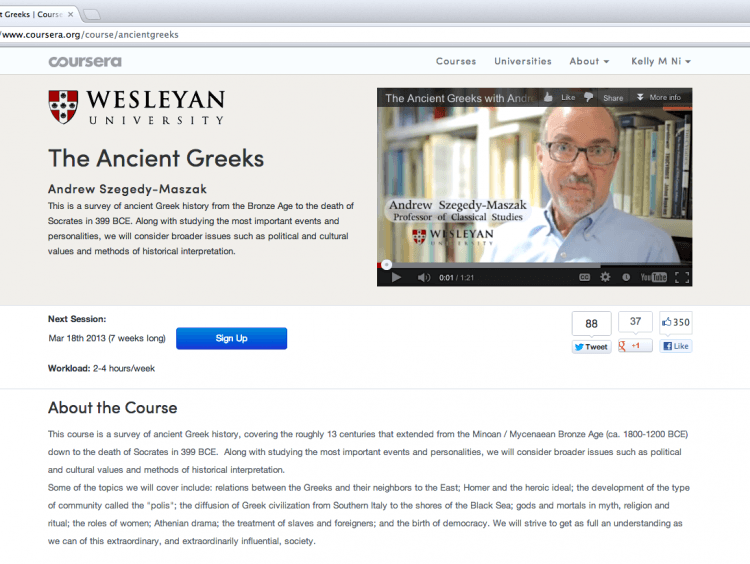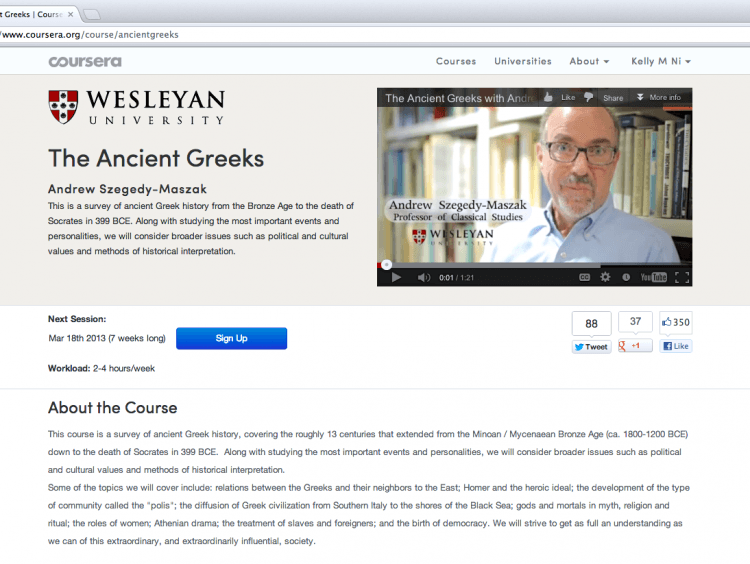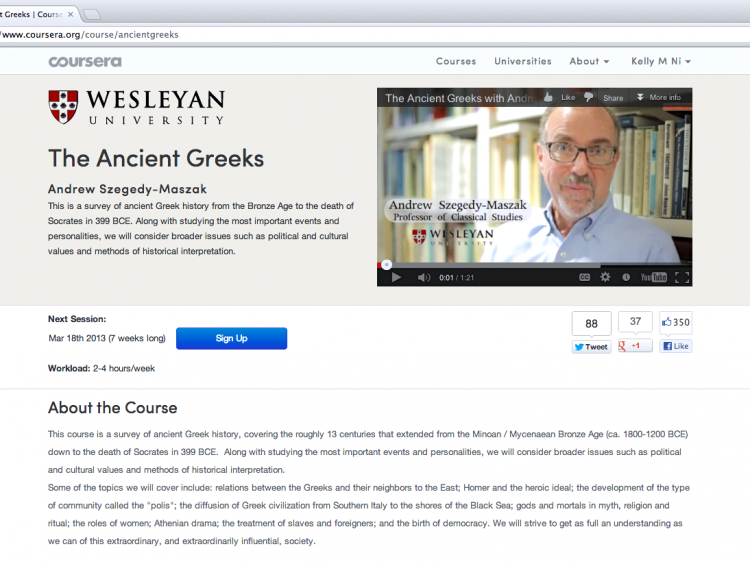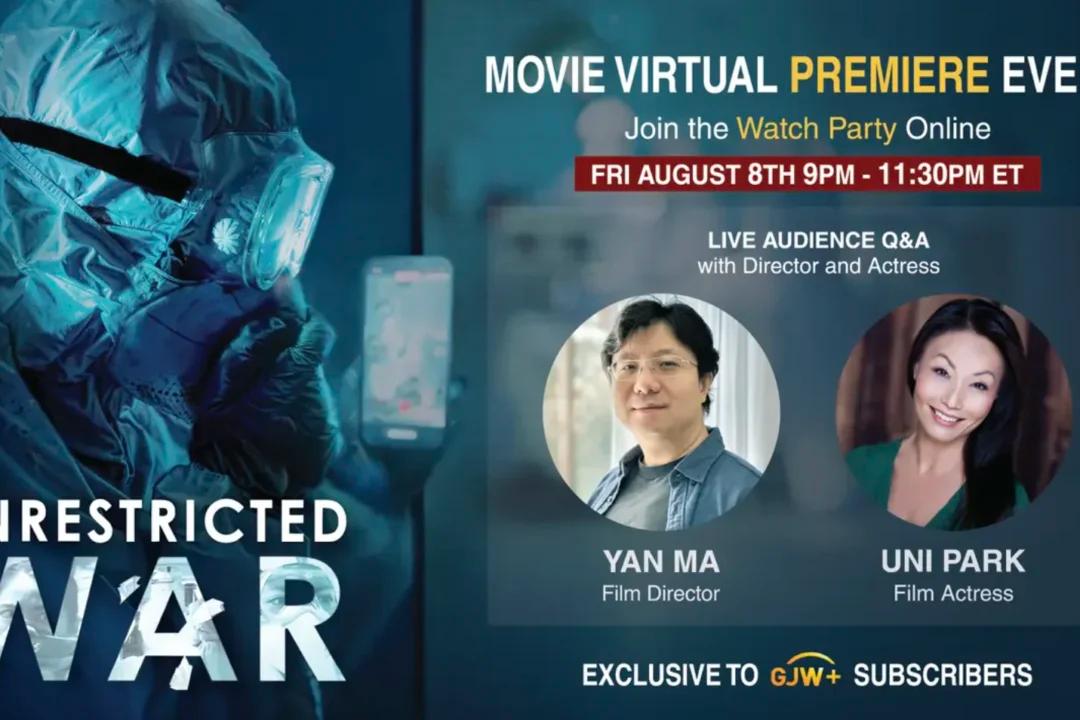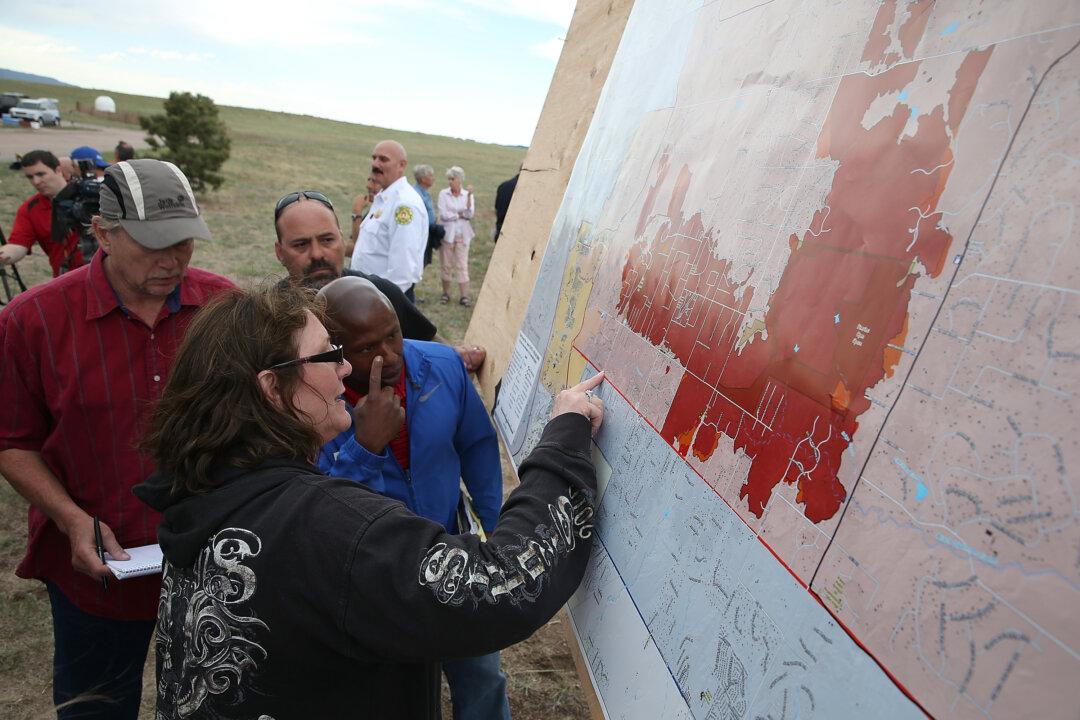Massive open online courses (MOOCs) are free, college-level courses available to anyone in the world. If you have access to a computer or tablet and the Web, then your choices of online learning courses are immense.
While some MOOCs charge a small fee, others are free. Coursera is currently a free MOOC. The company describes itself as a “social entrepreneurship company” and partners with the top universities in the world to offer courses online for anyone to take, according to its website.
Daphne Koller, the Rajeev Motwani professor in the computer science department at Stanford University and the Oswald G. Villard University fellow for undergraduate teaching, co-founded Coursera with Andrew Ng, associate professor of computer science at Stanford University and director of the Stanford Artificial Intelligence Lab.
According to American RadioWorks, the national documentary unit of American Public Media, Koller said that there is a huge demand for high-quality higher education.
“There are parts of the world where the vast majority of the population has no access to any kind of decent higher education,” she said. “And yet the kind of jobs one would like to have in order to make a better life for one’s self or family are ones that require higher education.”
Investors currently fund the project, and Coursera’s students are spread across the world.
Top universities with strong branding, such as Brown, Emory, Duke, Columbia, John Hopkins, Berkley, Rice, Stanford, and Princeton—to name a few, are among 33 universities worldwide that have partnered with Coursera.
